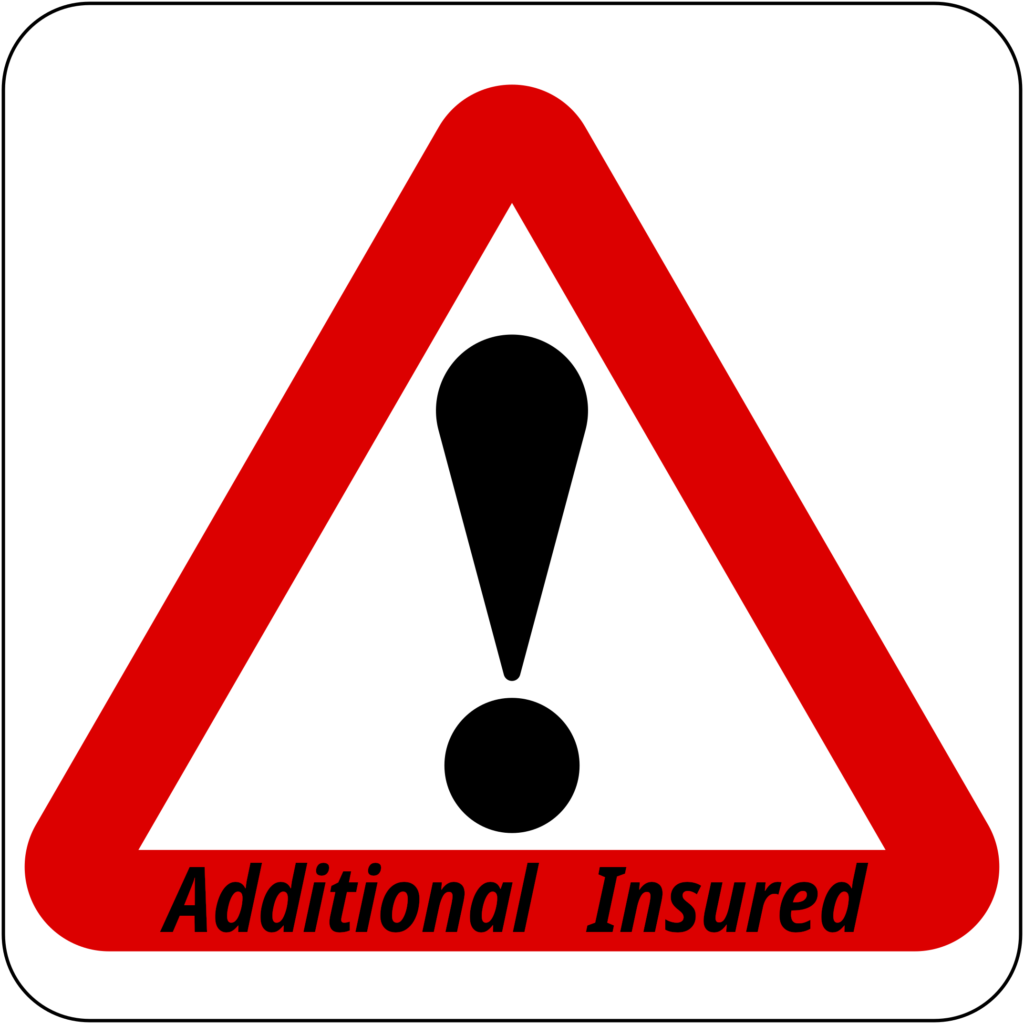What EVERY truck owner needs know

When a dispatcher for a truck broker asks me to add the truck broker as “Additional Insured” I always ask them, why? Without fail I will get 1 of 2 answers or sometimes both:
1) So we know if your insurance is canceled and when it is due to renew.
2) It’s just what our company requires from carriers and truck owners.
Neither of these answers provide a valid justification for any customer or truck broker to request to be added as “Additional Insured” on a carrier or truck owner’s insurance policy.
When we provide a customer or truck broker a traditional certificate of insurance (COI) with the customer or truck broker listed as the “Certificate Holder” (NOT as “Additional Insured”) they have all the information about the insurance policy they need including:
1) Name Insured (the carrier and/or truck owner)
2) All amounts of insurance coverage (liability, cargo, reefer breakdown, non-owned trailer, etc.)
3) Policy start date and end date
4) Insurance company
5) Insurance Agency
If the customer or truck broker wants to know if a carrier or truck owner’s insurance has been canceled all they have to do is visit the FMCSA SAFERSYS website (https://safer.fmcsa.dot.gov/CompanySnapshot.aspx) to view the status of the carrier or truck owner’s insurance policy. This is public information that is provided by the FMCSA and is available to anyone who wishes to verify the insurance status of a carrier or truck owner. ALL commercial carriers (everyone with an FMCSA operating authority) are required to have liability insurance. ALL insurance companies are required to provide your insurance information to the FMCSA including the start date, expiration date and if your insurance is canceled for any reason they are required to update the FMCSA of the cancellation date immediately.
Now that we have established that there is not a justification for including a customer or truck broker as “Additional Insured” for the purpose of notification of cancellation or renewal date one has to ask why do they want it then? In order to answer that question we have to know what “Additional Insured” really means and how it can be used by a customer or truck broker.
First lets discuss the basics – An “Additional Insured” is an endorsement. An “Additional Insured” endorsement does exactly what it sounds like it would do. It adds another party, in this case a customer or truck broker, to the policy as an insured. When an “Additional Insured” endorsement is added, there is a change made to the policy. It specifically extends insurance coverage to the “Additional Insured” customer or truck broker placed on the policy. It then provides insurance coverage to the “Additional Insured” who can then, without any additional consent (because consent has already been provided by adding them to the policy as “Additional Insured”), submit a claim against the carrier or truck owner’s insurance policy. Now you may ask why would a customer or truck broker file a claim on a policy they are listed as “Additional Insured?” The answer is going to surprise you… because they either don’t have enough insurance or especially in the case of a truck broker, they have no insurance at all! Thus they rely on you the carrier or truck owner to provide them with free insurance.
Even more important, being listed as “Additional Insured” means the customer or truck broker can avoid their liable obligations – The carrier or truck owner’s insurance company can not sue anyone listed on the policy. This includes “Additional Insured.” If the customer or broker is liable for bodily injuries or property damage that the carrier or truck owner sustains they can not be sued by the carrier or truck owner’s insurance company for those damages. Those customers and truck brokers who are given an “Additional Insured” endorsement on a carrier or truck owner’s insurance policy simply want to make certain that if in the event you, the carrier and/or truck owner, suffer a bodily injury or your truck and/or trailer or other property are damaged in which they are liable for (legally responsible for) they don’t have to pay for it!
My solution – When a customer or truck broker asks me to be listed as “Additional Insured” on my insurance policy, I first ask them the above mentioned 2 questions. Then I inform them of what “Additional Insured” really means followed up with: “If your company can’t afford adequate liability insurance or isn’t willing to be responsible for it’s actions, then your company isn’t a company I’m willing to take the risk to do business with.” Then I continue my hunt for my next load.
No customer, truck broker or their loads are worth granting them “Additional Insured” on my insurance policy!
The trucking industry is complex and changing. To learn more check out the entire category Business of Trucking.

